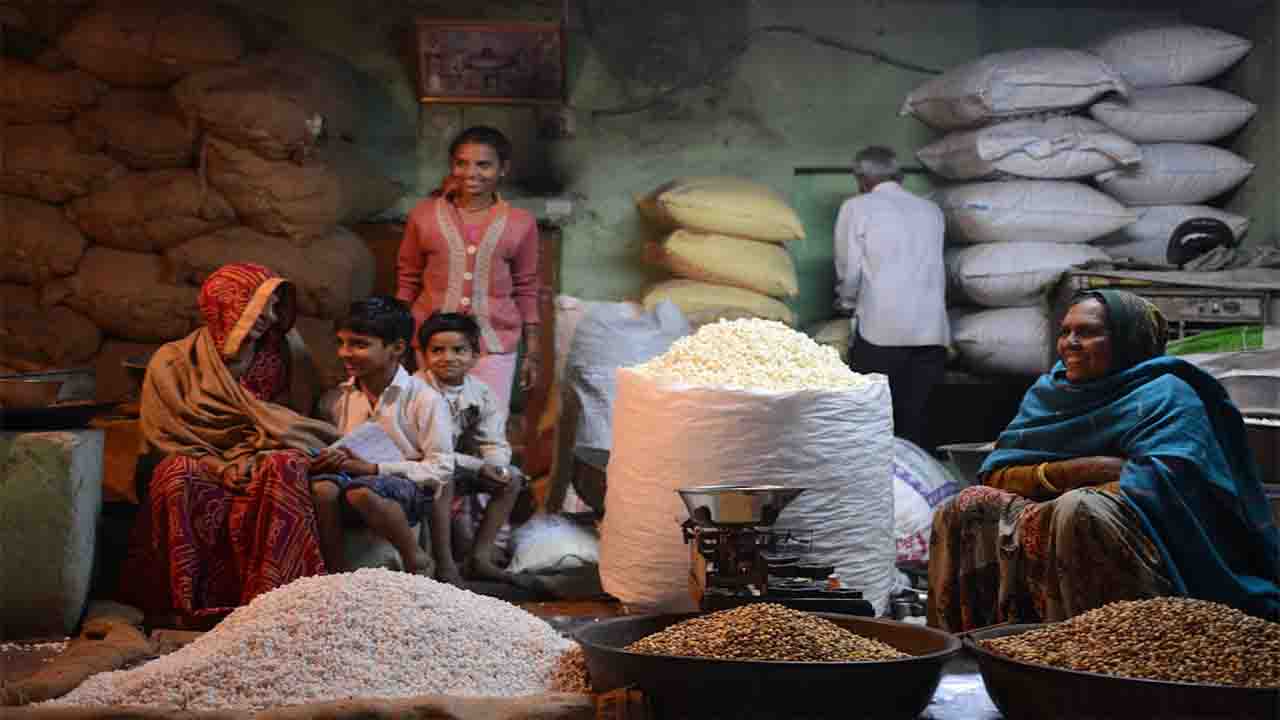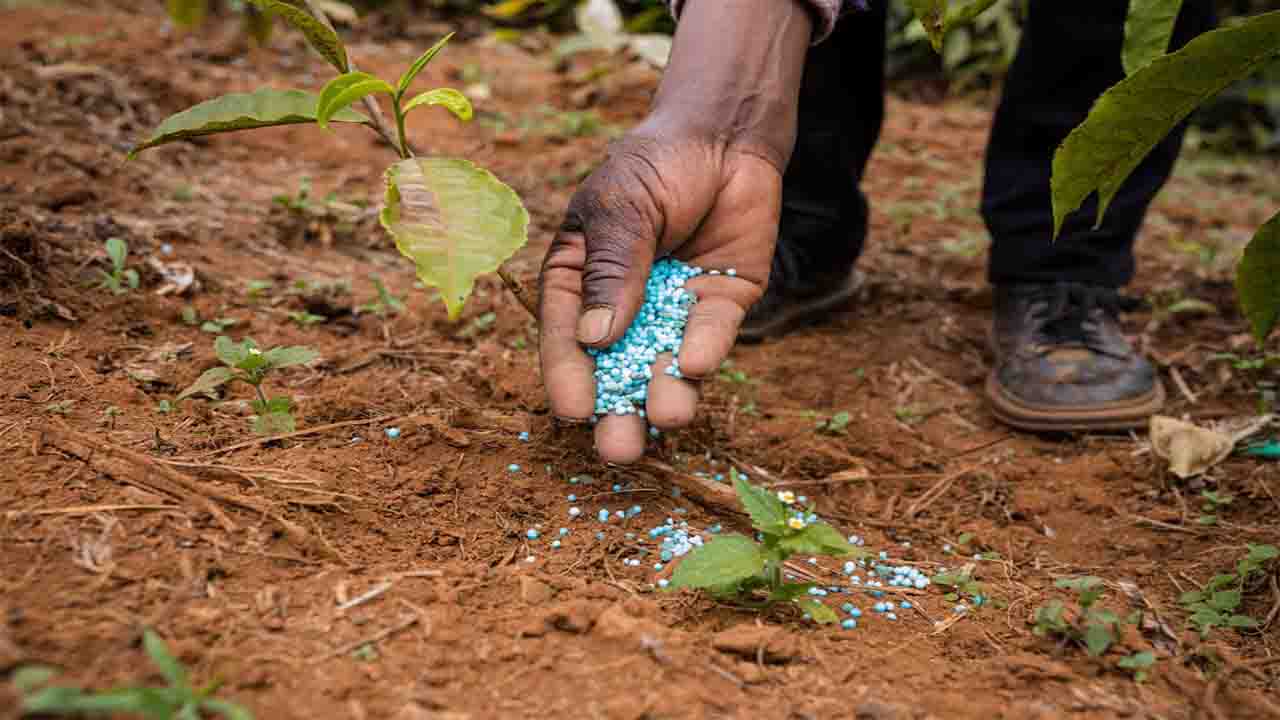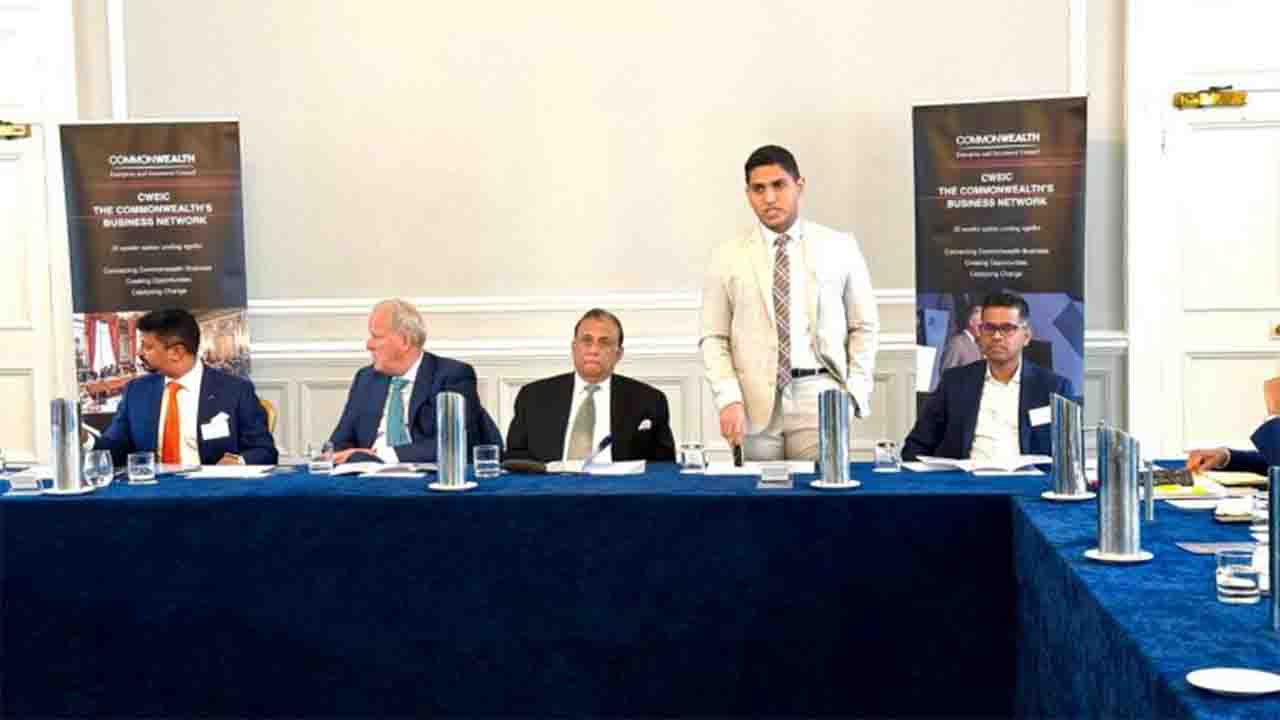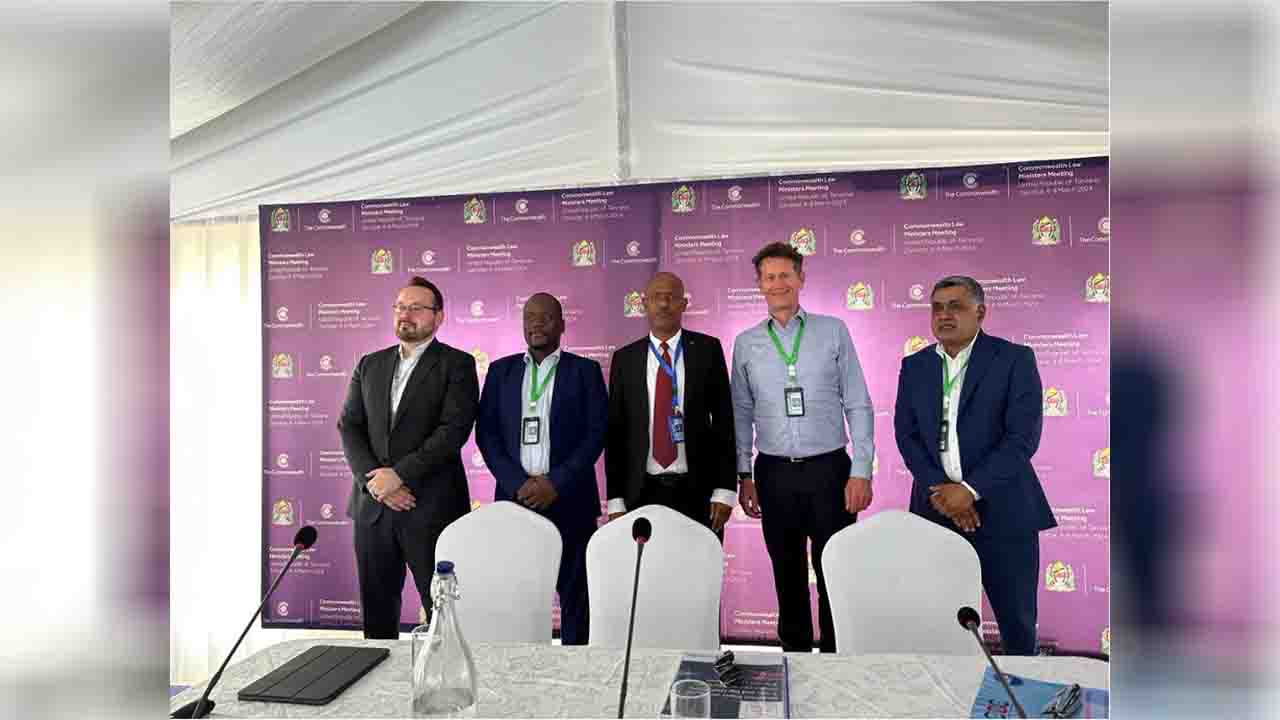(CU)_As the international community races against the clock to slash their greenhouse gas emissions in order to tackle the ongoing climate crisis, one of their biggest challenges is to phase out emissions of methane, a short-lived gas in the atmosphere with an 80 times potent in warming the earth than carbon dioxide. In a major achievement at this year’s Conference of the Parties, more than 100 countries had pledged to reduce their methane emissions 30 per cent from 2020 levels by the end of this decade. The toxic gas is said to account for 30 per cent of global warming since pre-industrial times, and therefore cutting methane emissions would be critical to slow climate change and reach the 1.5°C goal.
The Global Methane Pledge was first announced in September by the United States and the European Union, who are the world’s third and sixth largest methane emitters respectively. They received the support of Brazil and many other major emitters who together account for more than 40 percent per cent of global emissions. However, several other top methane emitters, including China, Russia, India and Australia were missing from the deal.
Australia’s exclusion from the deal comes as no surprise after Deputy Prime Minister Barnaby Joyce revealed that inaction on methane emissions was one of the conditions put forward by the Nationals in supporting Prime Minister Scott Morrison in his pledge to reach carbon neutrality by 2050. Almost half of the country’s annual methane emissions are produced by the agricultural sector and therefore, policy makers claim that the only way the Trans-Tasman nation could reach this goal on methane emissions is by reduce numbers of cattle and sheep. “The only way you can get your 30 per cent by 2030 reduction in methane on 2020 levels would be to go and grab a rifle, go out and start shooting your cattle because it’s just not possible,” Joyce noted.
Meanwhile, US President Joe Biden described the agreement as a “game-changing commitment” which is critical in reducing global carbon emissions. “One of the most important things we can do between now and 2030, to keep 1.5 °C in reach, is reduce our methane emissions as soon as possible,” he said.
















